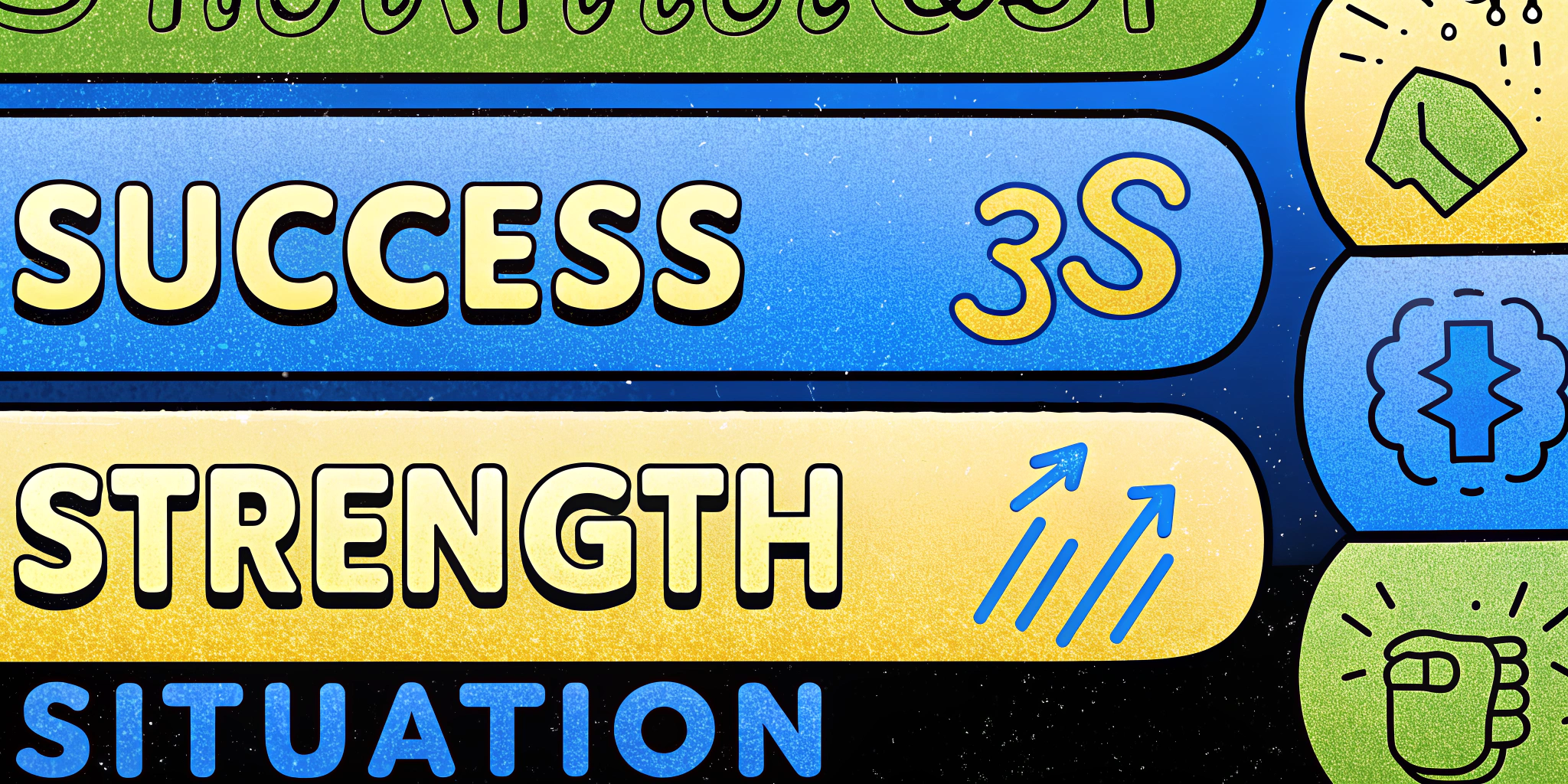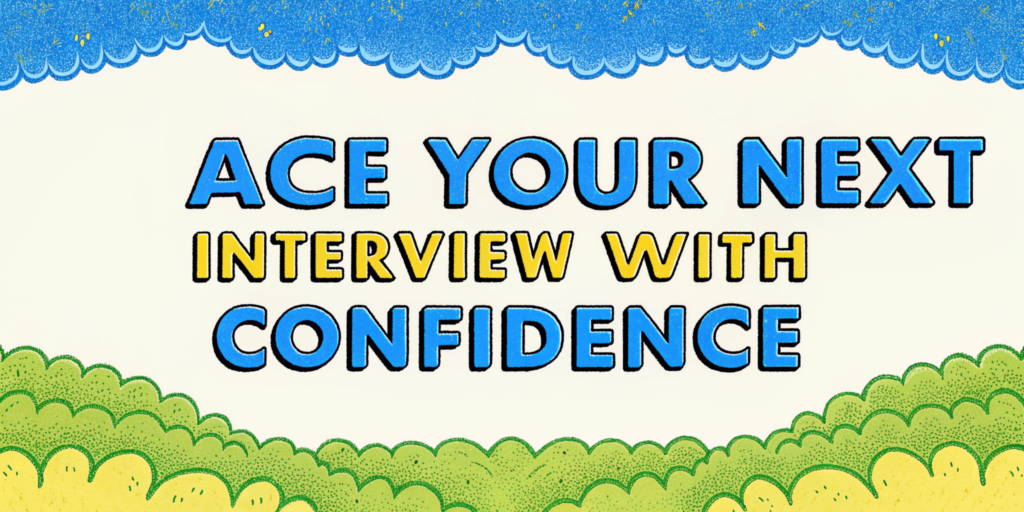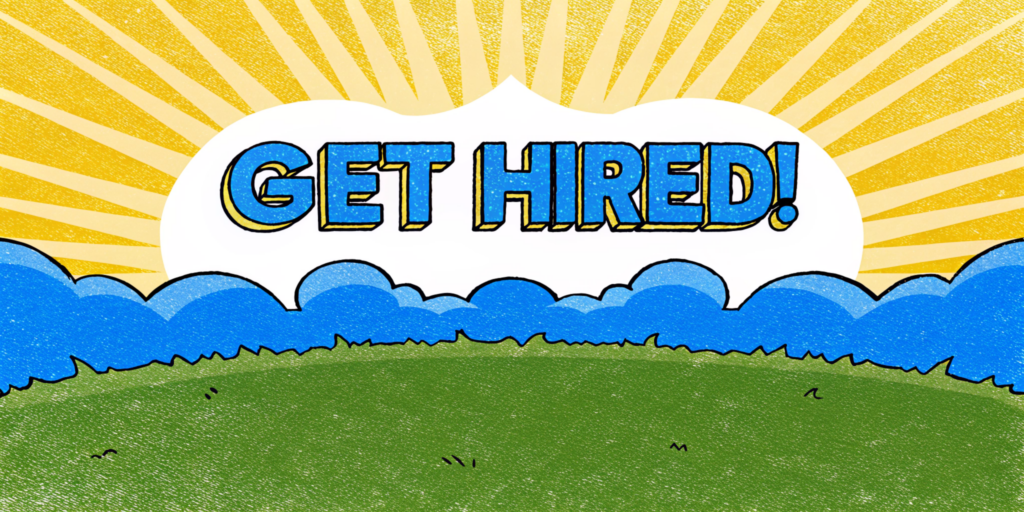Table of Contents
- Introduction: Why the “Tell Me About Yourself” Question Matters
- The 3S Framework for Answering Like a Pro
- How to Avoid Common Pitfalls
- A Sample Script That Works Every Time
- Why Preparation Is Key: The Role of Mock Interviews
- Conclusion: Ace Any Interview with Confidence
Introduction: Why the “Tell Me About Yourself” Question Matters
Imagine this: you’ve spent weeks perfecting your resume, eagerly awaiting that callback. Finally, you land the interview, and you’re ready to impress. But the hiring manager’s first question, “Tell me about yourself,” throws you off balance. You stammer, unsure of what to say, and end up rambling about your childhood, your hobbies, or worse—why the job is only ten minutes from your house.
Here’s the thing: this question is not about your life story. It’s about what you can bring to the table. As someone who has interviewed hundreds of candidates, I’ve noticed that the quality of your response to this single question can set the tone for the rest of the interview.
Snippet: The hiring manager decides within the first three minutes if you’re worth their time. Don’t waste this opportunity!
In this post, I’ll teach you the 3S Framework—a proven strategy to answer this question confidently and effectively. I’ll also share common mistakes, practical examples, and a simple script you can tailor to your next interview.
The 3S Framework for Answering Like a Pro
The 3S Framework—Success, Strength, and Situation—is your secret weapon for crafting a compelling and concise answer. This method not only highlights your qualifications but also aligns them with the company’s needs.
Step 1: Success – Showcase Your Achievements
The first step is to highlight your professional successes. This is your chance to demonstrate your expertise without sounding boastful. Instead of listing generic job titles or responsibilities, focus on measurable results.
Snippet: Start by answering the question, “What have I accomplished that’s relevant to this role?”
Example:
For a Social Media Manager position:
“I’ve been working in social media for the last three years, specializing in growing Facebook fan pages for small businesses. In this time, I’ve helped over a dozen clients across ten industries grow their engagement by 300-500% within six months. This success is what drives my passion for creating meaningful online interactions.”
Step 2: Strength – Emphasize Your Core Strengths
Next, tie your achievements to your unique strengths. This step is about showing what sets you apart from other candidates. Use language that underscores your expertise and reliability.
Snippet: Think of this as answering, “What am I really good at?”
Example:
Continuing with the Social Media Manager example:
“My real strength lies in understanding the audience. I take pride in crafting content that not only engages but also resonates deeply with the target demographic. My ability to identify what the audience wants has consistently driven measurable growth for my clients.”
Step 3: Situation – Align Your Goals with the Company’s Needs
Finally, connect your strengths and successes to the specific role and the company’s objectives. This shows that you’ve done your homework and are genuinely interested in contributing to the organization.
Snippet: Consider this your answer to, “Why do I want this job, and how can I help this company succeed?”
Example:
“What I’m looking for is a company where I can apply my skills to create a positive ROI. Joining a forward-thinking team like yours, where innovation and engagement are valued, feels like the perfect fit. Is that what [ABC Company] is looking for?”
How to Avoid Common Pitfalls
Too often, candidates fall into one of these traps:
| Mistake | Why It’s a Problem | How to Avoid It |
|---|---|---|
| Rambling | Wastes time and loses the interviewer’s interest | Stick to the 3S Framework to stay concise |
| Being Too Generic | Fails to differentiate you from other candidates | Use specific examples and data |
| Focusing on Personal Details | Diverts attention from your professional value | Always link back to the company’s needs |
By avoiding these pitfalls and following the 3S Framework, you’ll leave a lasting impression.
A Sample Script That Works Every Time
Here’s a script you can adapt for your next interview:
“I’ve spent the last five years in digital marketing, focusing on performance-based campaigns. For instance, I recently led a campaign for a retail brand that drove a 200% increase in sales within three months. My real strength is my ability to analyze data and quickly adapt strategies to optimize results. I’m looking for a role where I can bring this expertise to a team that values innovation and measurable success. Is that in line with what you’re seeking?”
Why Preparation Is Key: The Role of Mock Interviews
Preparation is everything. Even with the best framework, you need practice to deliver your response confidently. That’s where tools like Ninjafy AI come in. It’s an AI interview copilot designed to simulate real-time interviews, offering tailored feedback based on your resume and the job description.
Benefits of Using Ninjafy AI:
- Real-time Feedback: Get instant suggestions to refine your answers.
- Mock Interviews: Practice until your responses feel natural and polished.
- Personalization: The AI adapts to your unique career journey, ensuring authenticity.
Users of Ninjafy AI have seen a 39% higher success rate in landing dream offers. Personally, I found its mock interview feature invaluable during my own job search.
Conclusion: Ace Any Interview with Confidence
The “Tell me about yourself” question doesn’t have to be a stumbling block. With the 3S Framework—Success, Strength, and Situation—you can craft a response that highlights your value, aligns with the company’s needs, and sets a confident tone for the rest of the interview.
Remember, preparation is your best ally. Whether it’s practicing with friends, rehearsing in front of a mirror, or leveraging tools like Ninjafy AI, the key is to go into every interview ready to shine.
Good luck, and go ace that interview!




